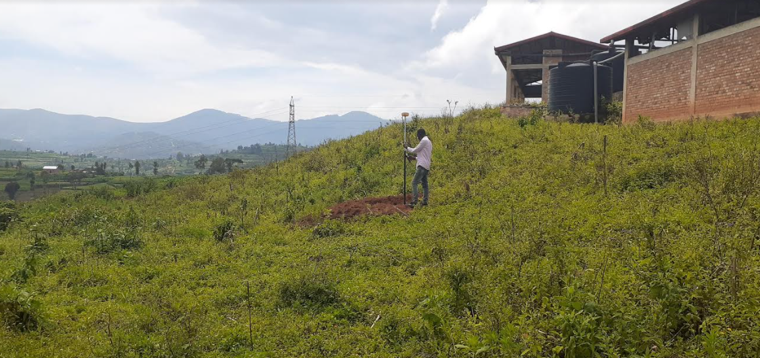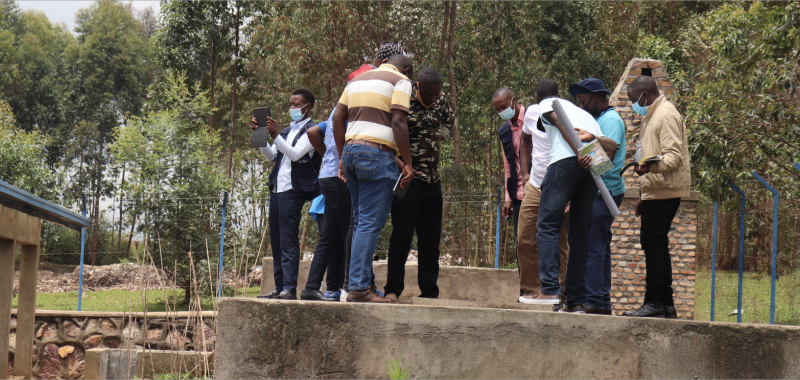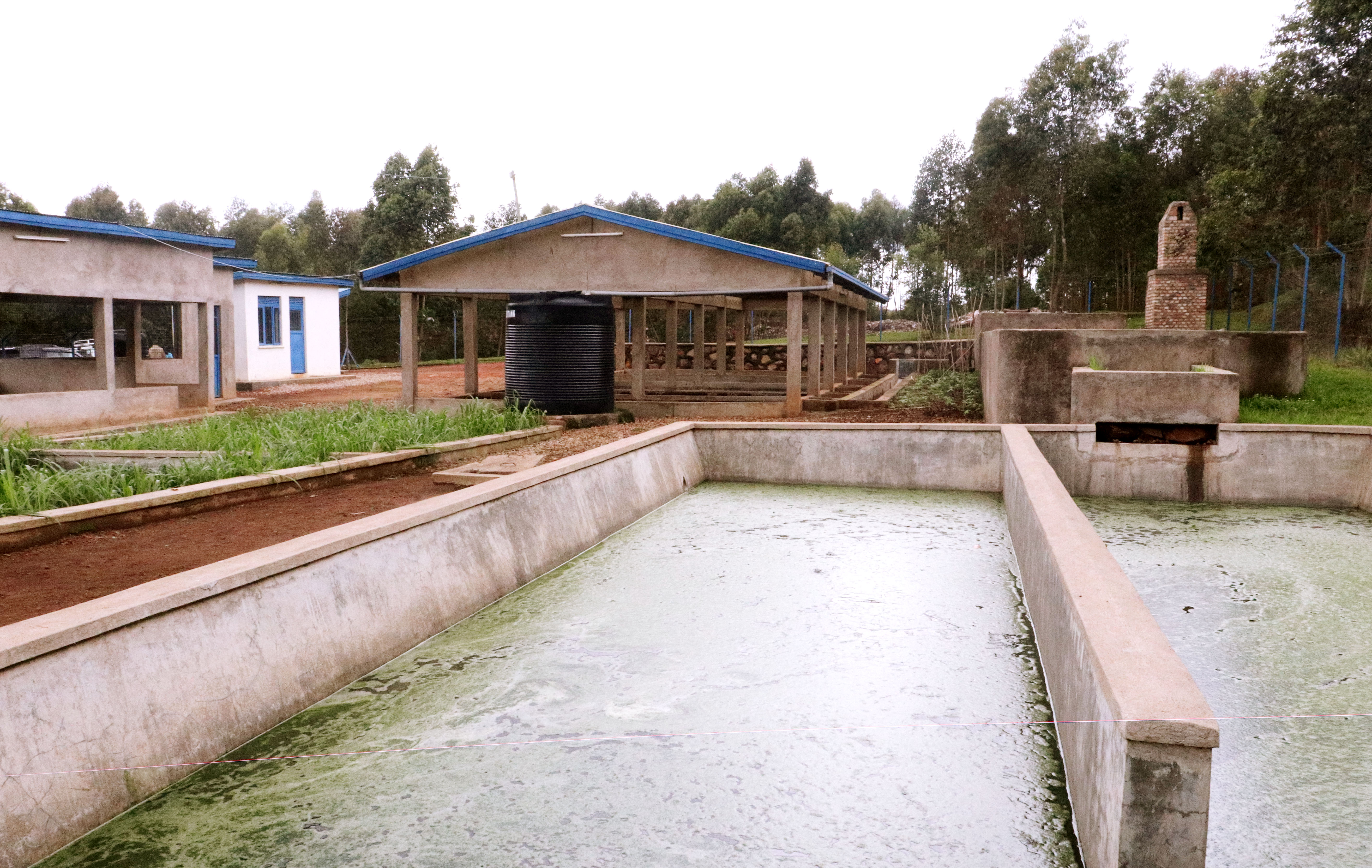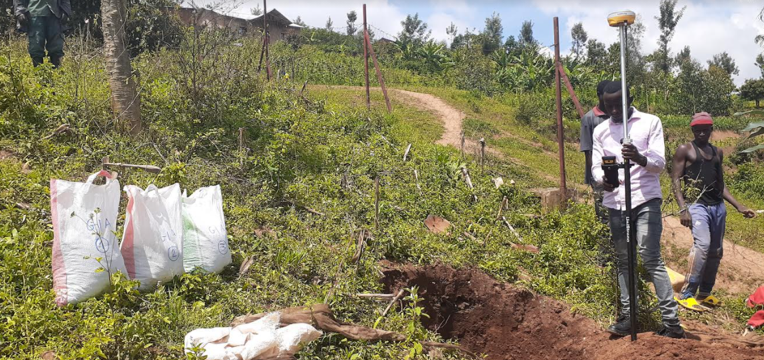Refugee camps and their surroundings often lack safe disposal of untreated human waste, with serious risks to public health and environment.
Further, deforestation is a common problem in many areas close to refugee camps as refugees cut trees for firewood.






